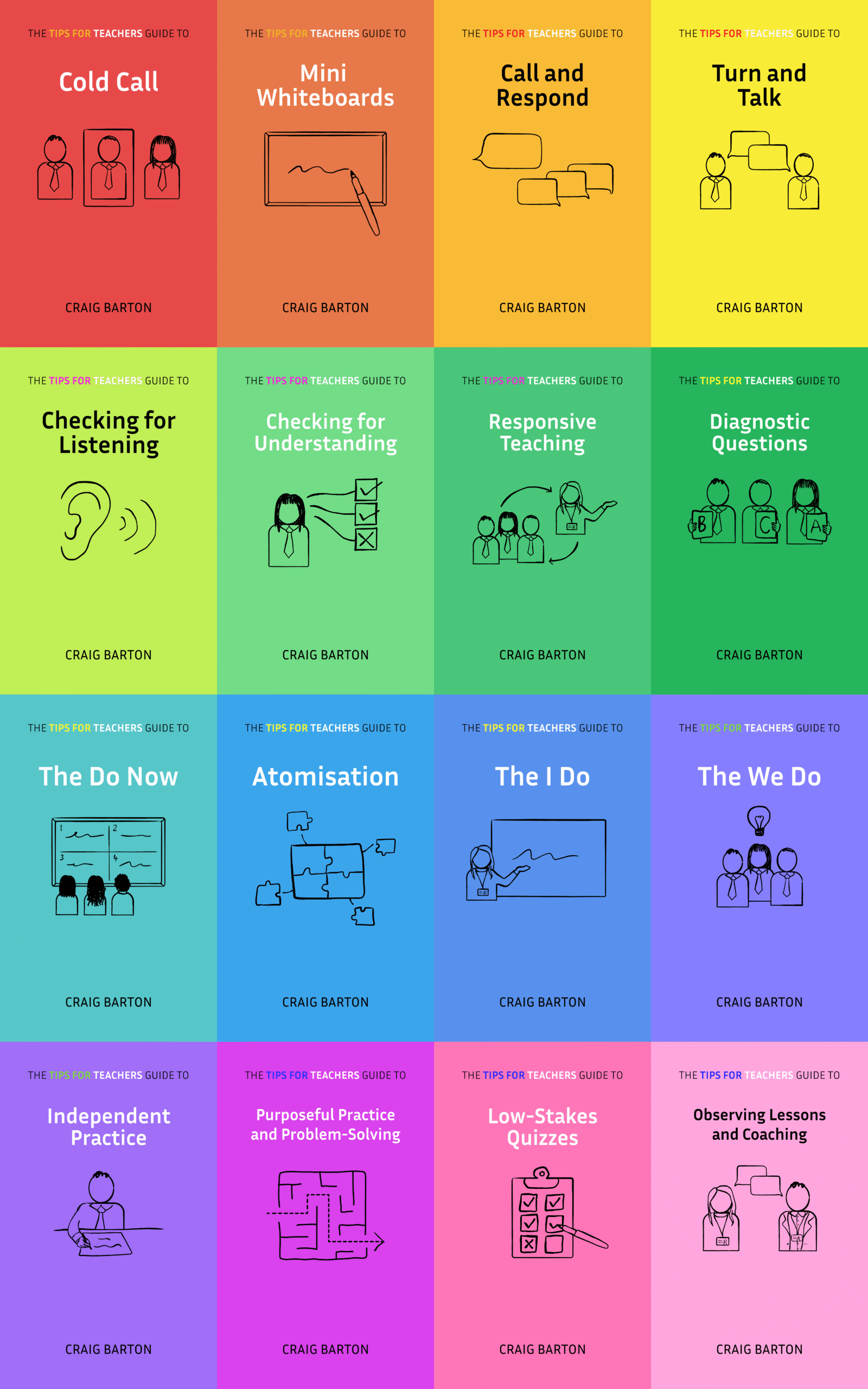
- Title: Testing the meshing hypothesis in prospective teachers: Are there effects of matching learning style and presentation mode on learning performance and on metacognitive aspects of learning?
- Authors: Melzner and Kappes
- Access the original paper here
- Listen to a deep-dive podcast:
Paper summary
This research article investigates the “meshing hypothesis,” which proposes that aligning teaching methods with students’ learning styles improves learning outcomes. A study of 222 prospective teachers found no significant evidence supporting this hypothesis, regardless of whether learning materials were presented visually or verbally. The study also examined the influence of learning styles on metacognitive aspects like judgments of learning and confidence, again finding no significant matching effects. Despite the lack of empirical support, the study confirmed the widespread belief in learning styles among prospective teachers. Finally, the researchers explored whether teaching about the lack of evidence for the meshing hypothesis impacted these beliefs, finding a slight, but not complete, decrease in positive attitudes towards learning styles.
What are the key implications for teachers in the classroom?
The most important takeaway for teachers from the sources is that there is no empirical evidence to support the idea that matching teaching materials to a student’s learning style improves academic performance. Although students often express preferences for specific learning materials, studies have shown that this does not translate into improved learning outcomes when materials are matched to those preferences.
Here are additional key implications for teachers:
- Teachers should be aware that a significant percentage of educators and prospective teachers believe that teaching to learning styles is beneficial, despite the lack of evidence.
- Simply presenting information that contradicts learning style theories may not be effective in changing beliefs. A more effective approach may be to encourage teachers to reflect on their own attitudes towards learning styles and to engage in discussions about the limitations of these theories.
- Teaching approaches that focus on conceptual change and use refutational texts may be more successful in debunking learning style myths. These approaches encourage teachers to critically evaluate their existing beliefs and to consider alternative explanations.
- Teachers should prioritize the use of evidence-based teaching methods over learning style theories. This includes focusing on factors such as prior knowledge, individual interests, and the everyday relevance of the topic.
- More research is needed to determine whether attempting to match materials to learning styles is harmful to the learning process or whether it simply consumes time and resources that could be better spent on evidence-based methods.
- Future research should focus on developing reliable learning style assessments. The lack of reliable instruments may be indicative of a lack of consistent individual differences in learning styles.
The sources also point out that while teachers should not focus on teaching to learning styles, it is still beneficial to use diverse teaching methods that cater to different student needs. This can include using a variety of materials and approaches, but this should not be done with the intention of targeting specific learning styles. Instead, the focus should be on providing a rich and engaging learning experience for all students.
Quote
Higher learning style scores on the respective scale did not predict a higher difference in learning performance between presentation modes in favor of the matching mode








